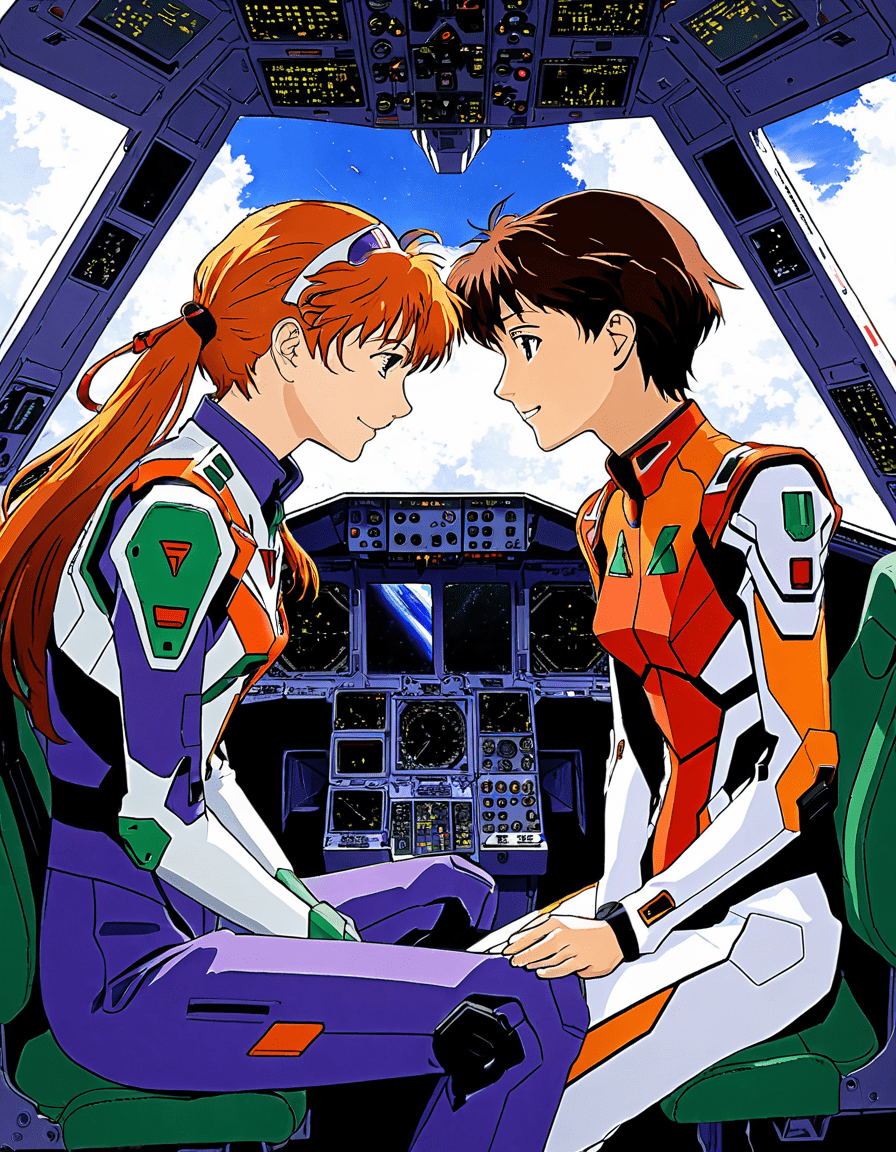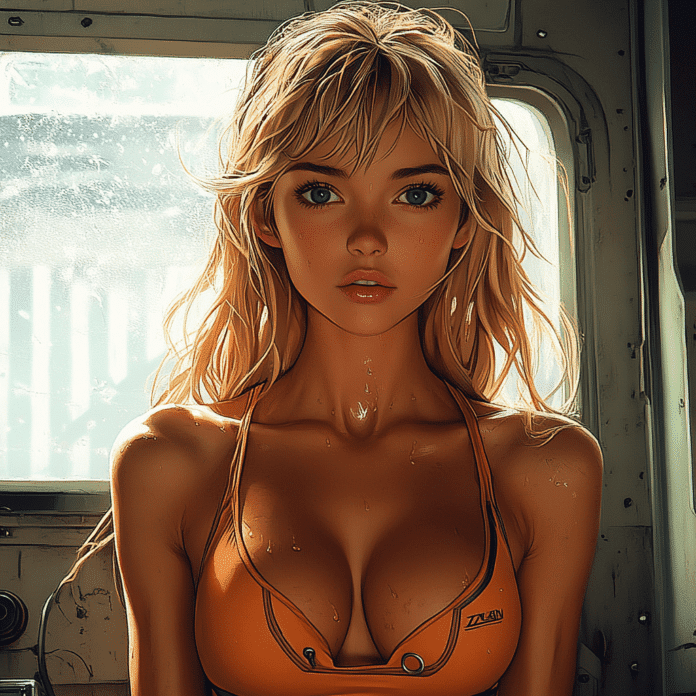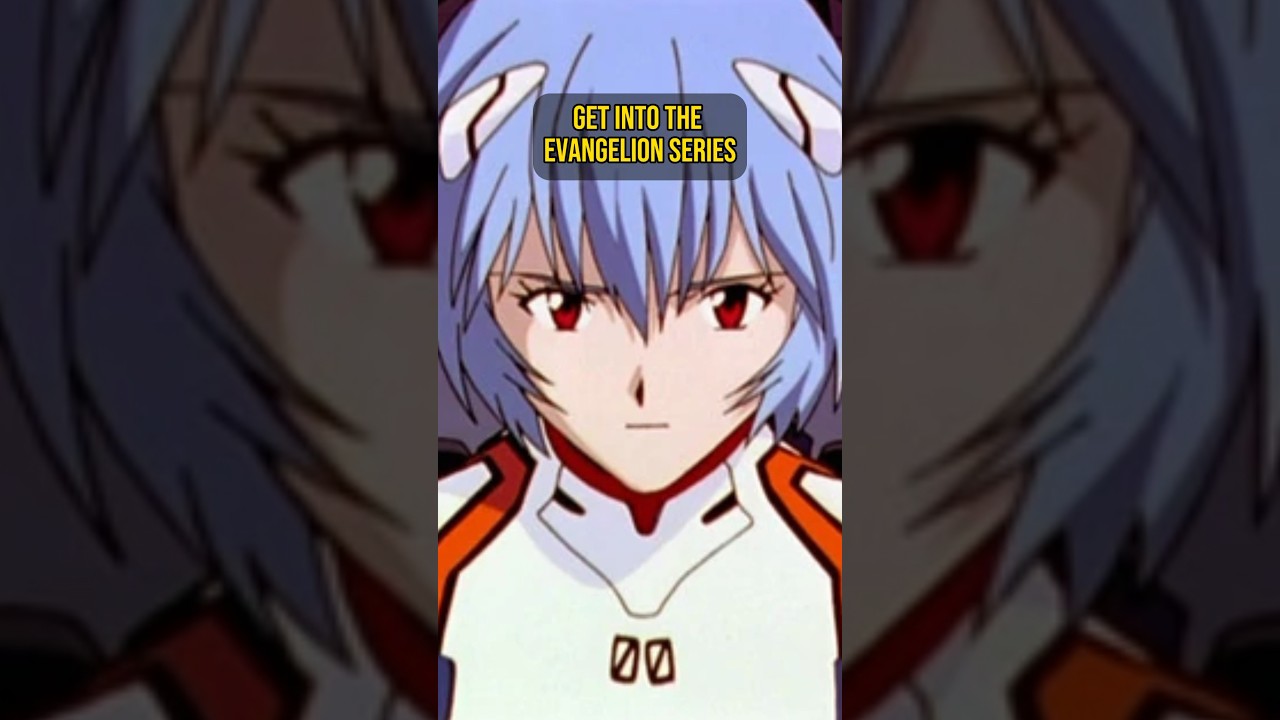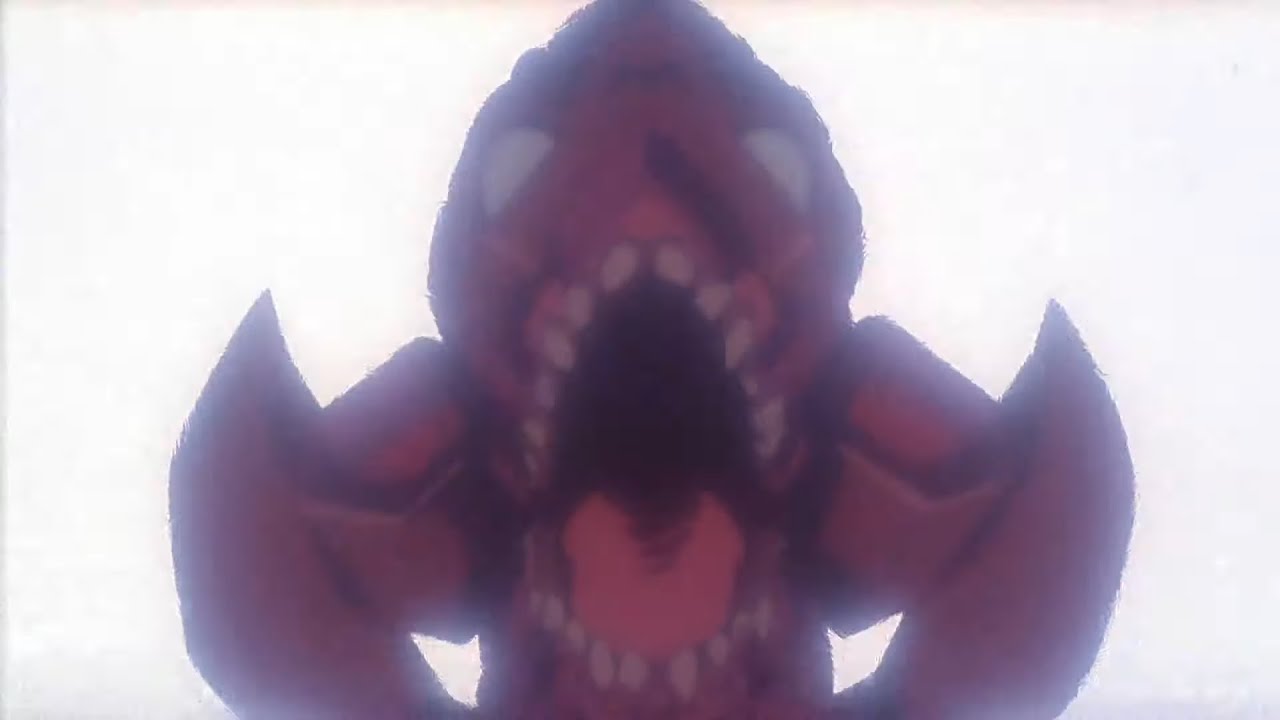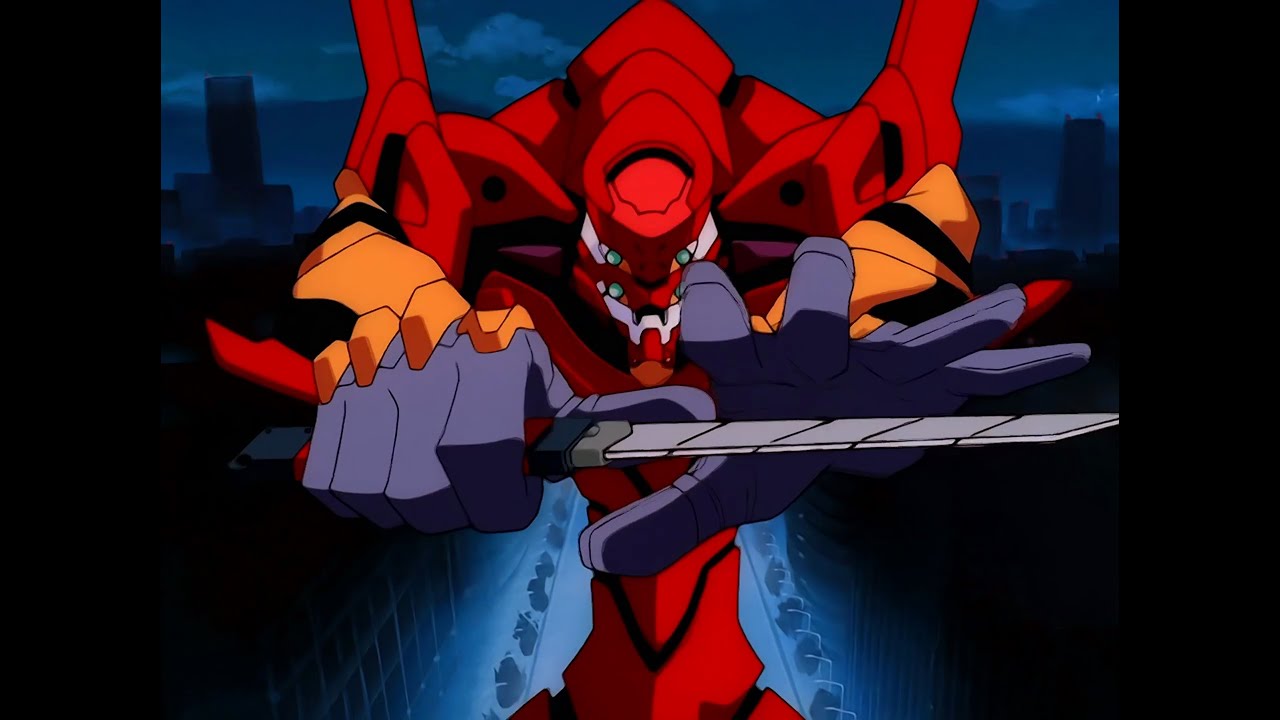“Neon Genesis Evangelion,” often simply known as “Evangelion,” isn’t just another anime series; it’s a cultural phenomenon that transformed the entire mecha genre. Launched in 1995, Evangelion broke the mold by integrating profound psychological themes, intricate character development, and existential narratives. Gone were the days where mecha anime focused solely on action-packed battles between mechanized giants. Instead, Evangelion dug deep into the psyches of its characters, exploring their traumas and motivations.
1. The Impact of Evangelion on the Mecha Genre
Let’s kick things off by looking at how Evangelion shifted the landscape of mecha anime.
Exploration of Psychological Depth
Unlike predecessors, such as Mobile Suit Gundam, which leaned on epic sagas and larger-than-life heroes, Evangelion centered on Shinji Ikari, a teen grappling with self-doubt and fears of abandonment. This jump from traditional heroic narratives to raw, personal struggles engaged an audience hungry for authenticity. Who could forget Shinji’s infamous line, “I’m so messed up!”? It’s a sentiment many viewers resonated with, making him feel like a friend you’d call on a tough day, right?
Philosophical Undertones
Evangelion tackled weighty philosophical issues, particularly existentialism and Freudian concepts. Ever pondered about the meaning of life while staring blankly at your ceiling? Well, Evangelion navigated those murky waters, using Judeo-Christian symbolism and psychological metaphors to enrich its narrative. It’s a series that you could watch multiple times and still find new layers to peel back—like an onion, but without all the tears.
Breaking the Fourth Wall
This series didn’t just throw you into the action; it frequently blurred the lines between fiction and reality. Through innovative meta-narrative techniques, it challenged viewers to question their perceptions of the characters’ realities, a trick that makes you say, “Wait, what just happened?” This kind of storytelling keeps you sharp, prompting you to reflect on your world, quite unlike the straightforward plots of many series.
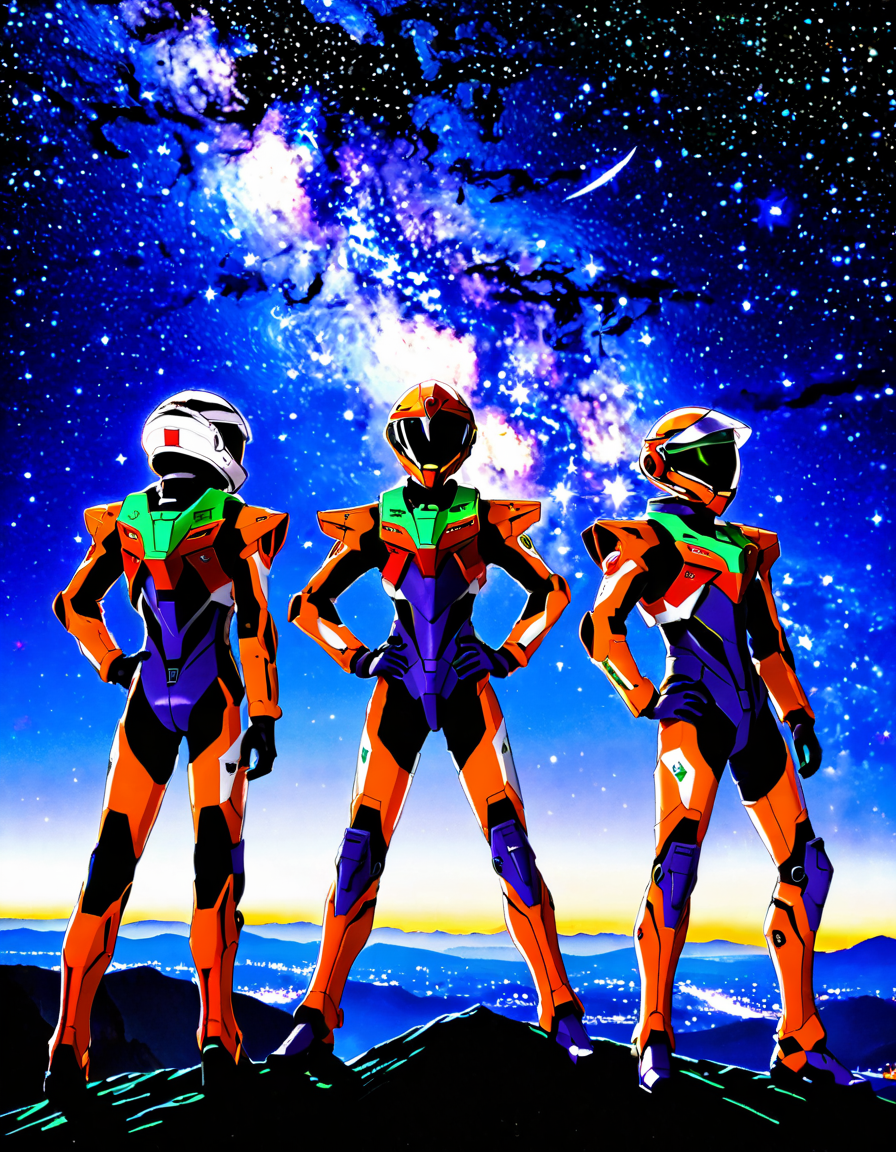
2. Top 5 Ways Evangelion Influenced Mecha Anime
Fast forward to the present, and it’s clear that Evangelion’s legacy continues to resonate. Let’s dive into five significant ways it’s shaped the mecha genre:
3. Quicksilver Inspirations: How Evangelion Innovated Storytelling
Evangelion reshaped how anime approached storytelling—think of its impact as quicksilver. Much like this substance flows unpredictably, so did Evangelion experiment with narrative structure.
Non-linear Storytelling
By employing non-linear storytelling, Evangelion revealed character backstories in fragmented, yet engaging increments. This unpredictability kept the audience guessing, sparking lively discussions about unresolved threads. It’s like piecing together a puzzle blindfolded—you think you know what you have, but then something hits you differently!
Existential Questions
The series is intimate with existential queries about destiny versus free will, enriching later works like Steins;Gate and Re:Creators. Such philosophical discussions paint narratives with colors you didn’t even know existed, pushing audiences to question their own realities.
Symbolism and Allegory
The dense symbolism in Evangelion inspired future creators to explore artistic storytelling that engages viewers intellectually and visually. It’s similar to a fine wine; the more you analyze it, the more flavors you discover.
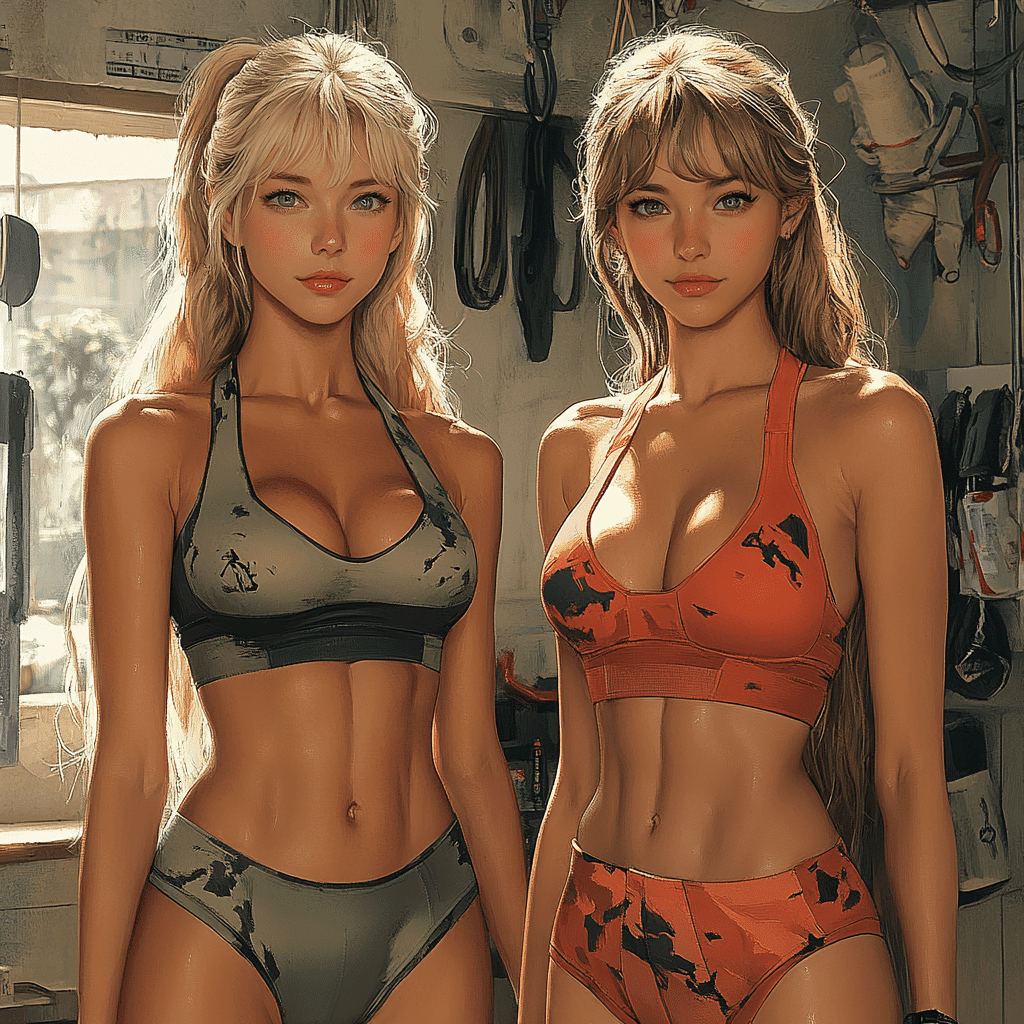
4. Cultural Legacy and International Impact
Evangelion’s influence isn’t confined to Japan; it served as a template for the global interpretation of mecha anime, charming audiences worldwide.
Evolution of Animation
Western filmmakers, such as those behind Pacific Rim, drew inspiration from Evangelion for their portrayals of mecha. They too captured the complex interplay between human struggles and the implications of technology, showcasing just how far Evangelion’s reach has extended.
Genres and Crossovers
Through Evangelion, the crossover between genres became more pronounced, akin to how Attack on Titan melds horror, drama, and action. This blending of narratives could trace its roots back to Evangelion’s thematic struggles, making it a wellspring of creativity.
An Innovative Future
Here we are in 2026! The impact of Evangelion is still unmistakable. It established a fresh era for animation and storytelling. Each new generation of creators draws from its well, challenging audiences to wrestle with profound questions: What does it mean to be human? What happens when we face our inner demons?
Evangelion is more than just a beloved anime; it’s a cultural cornerstone that reshaped not only the mecha landscape but also storytelling at large. From character arcs to philosophical dilemmas, it paved the way for innovative narratives that push the envelope and redefine what it means to entertain and provoke thought. So, if you haven’t dived into Evangelion yet, what are you waiting for? It’s an adventurous dive into the depths of human emotion, existentialism, and the occasional mecha fight.
Incorporated Links:
Evangelion: Fun Trivia and Interesting Facts
Behind the Scenes
When you dive into the world of evangelion, you’ll find it’s chock-full of fascinating trivia. Did you know that the creator, Hideaki Anno, originally intended for Neon Genesis Evangelion to be just another mecha anime? But as he wrestled with his demons during production, the show morphed into a psychological masterpiece that challenged the norms of its genre. The series also played with some early digital animation techniques, creating scenes that weren’t just visually striking but also helped to redefine storytelling in anime.
Another tidbit? The infamous Eva Unit-01 was initially designed based on a concept from an earlier project of Anno’s called “Tetsujin 28-go.” That’s a far cry from what we see today, where the design melds power with raw emotion, embodying the struggles of its pilots. The folks at Gainax went through countless designs, and the final product became iconic, representing a whole new wave of storytelling in anime.
Cultural Impact
Evangelion didn’t just shake up what mecha could do; it had a massive impact on anime culture as a whole. It’s been said that the series’ exploration of human psychology helped pave the way for future works like Serial Experiments Lain and Paranoia Agent. It introduced themes that pushed viewers to think deeply, breaking down the walls of what anime could tackle. Interestingly, its influence even stretched beyond Japan, as it inspired filmmakers and creators worldwide.
And let’s talk about that unforgettable soundtrack! The hauntingly beautiful music from evangelion adds layers of emotion, enhancing the viewer’s connection to the story. The series’ orchestrator, Shiro Sagisu, became a household name, showcasing how critical a score can be in elevating a narrative. Just think about how many times you’ve found yourself humming the theme or diving into the stunning opening sequence. It’s no wonder that evangelion has captivated hearts and minds long after its premiere!
